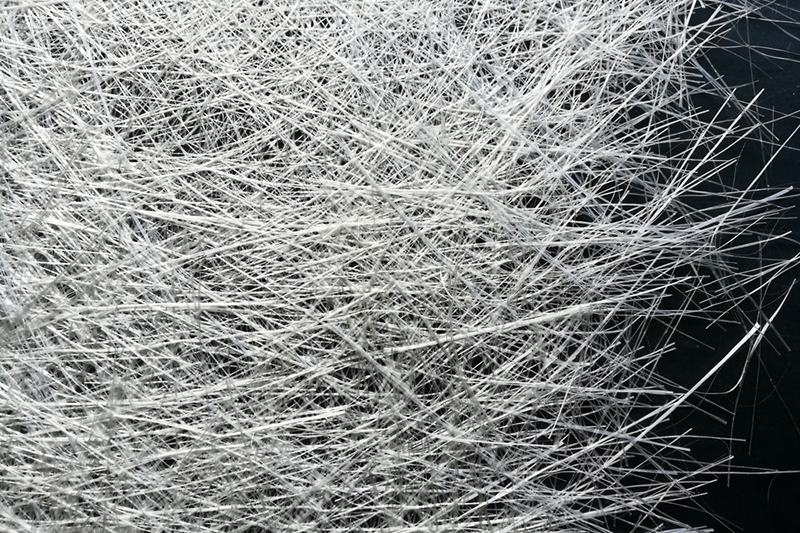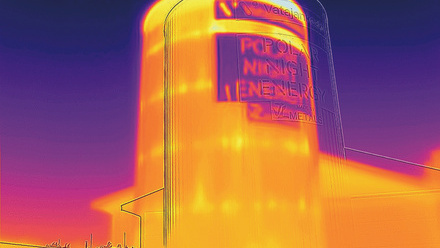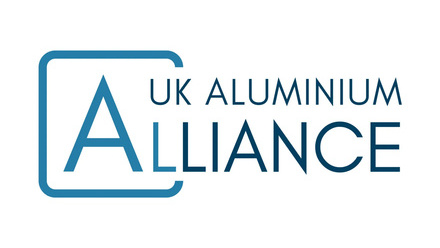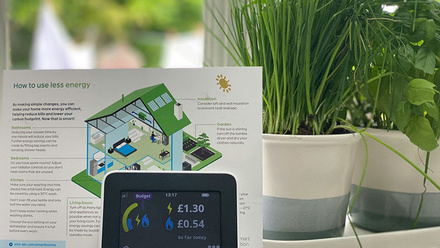Life Cycle Assessment published for glass-fibre fabrics
Trade body TECH-FAB Europe wants to strengthen the European supply chain for glass-fibre fabrics.

Chopped strand mat of fibre glass
© TASER/shutterstockThe new report, Life cycle assessment (LCA) of glass fibre fabrics, was produced as part of a TECHFAB Europe project to develop LCAs for key technical textiles products.
Its members represent around 95% of the European production of glass-fibre fabrics.
PwC carried out the cradle-to-gate analysis, with three key findings.
- From raw-material extraction to the factory gate, producing 1kg of glass-fibre fabric in Europe generates on average 2.21kg of CO2eq emissions, with a primary energy demand of 39MJ.
- The majority of the impact comes from the glass-fibre production, which accounts for 89% of the carbon footprint of the final product.
- European manufacturers of composite solutions can significantly reduce their environmental impacts by using glass-fibre fabrics produced in Europe.
Remi Bagard, member of the TECH-FAB Europe Sustainability Working Group, comments, 'From wind energy, construction and automotive, to sports and leisure, and more, composite products based on glass-fibre fabrics are enabling numerous industries to decarbonise in line with EU net-zero targets.
'This LCA further demonstrates the sustainability of Europe's glass fabric industry and reinforces the need to support its continued growth and competitiveness. Our customers can also feed this data into their own LCA calculations as they strive to design more sustainable composite products.'





